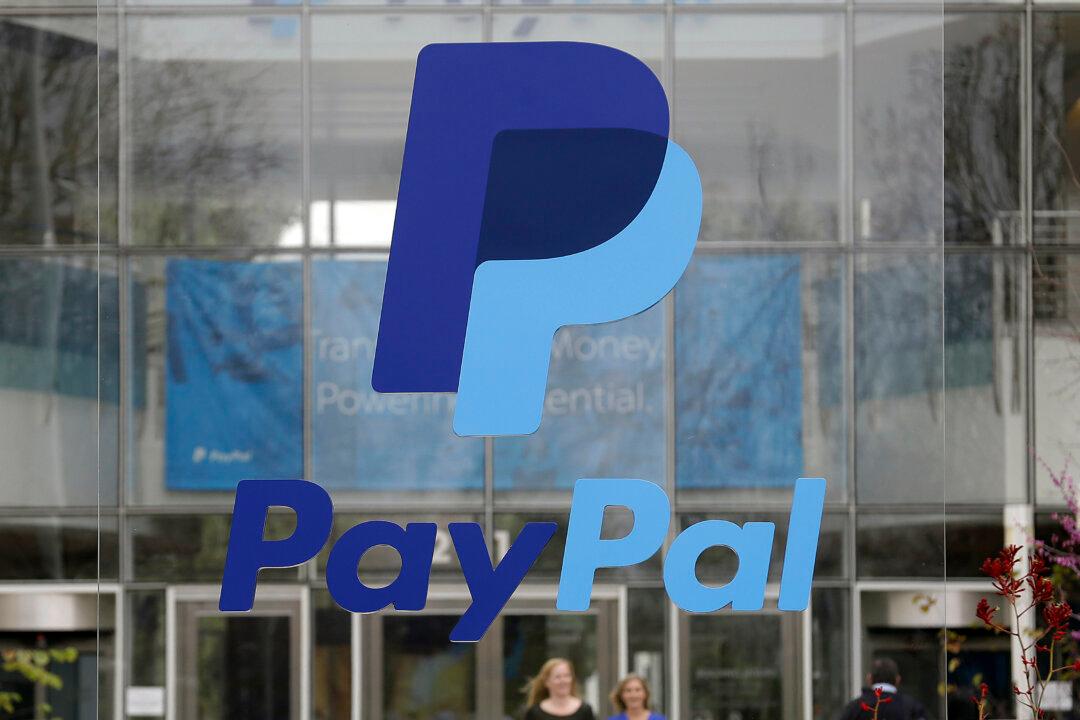Some 35,000 PayPal user accounts have been hacked by a method known as “credential stuffing,” resulting in exposed names and Social Security numbers, according to a notification posted on a government website.
Through its lawyers, the California-based payment processor sent a notice to Maine’s attorney general. The company also sent a letter, dated Jan. 19, about the data breach to affected users.





